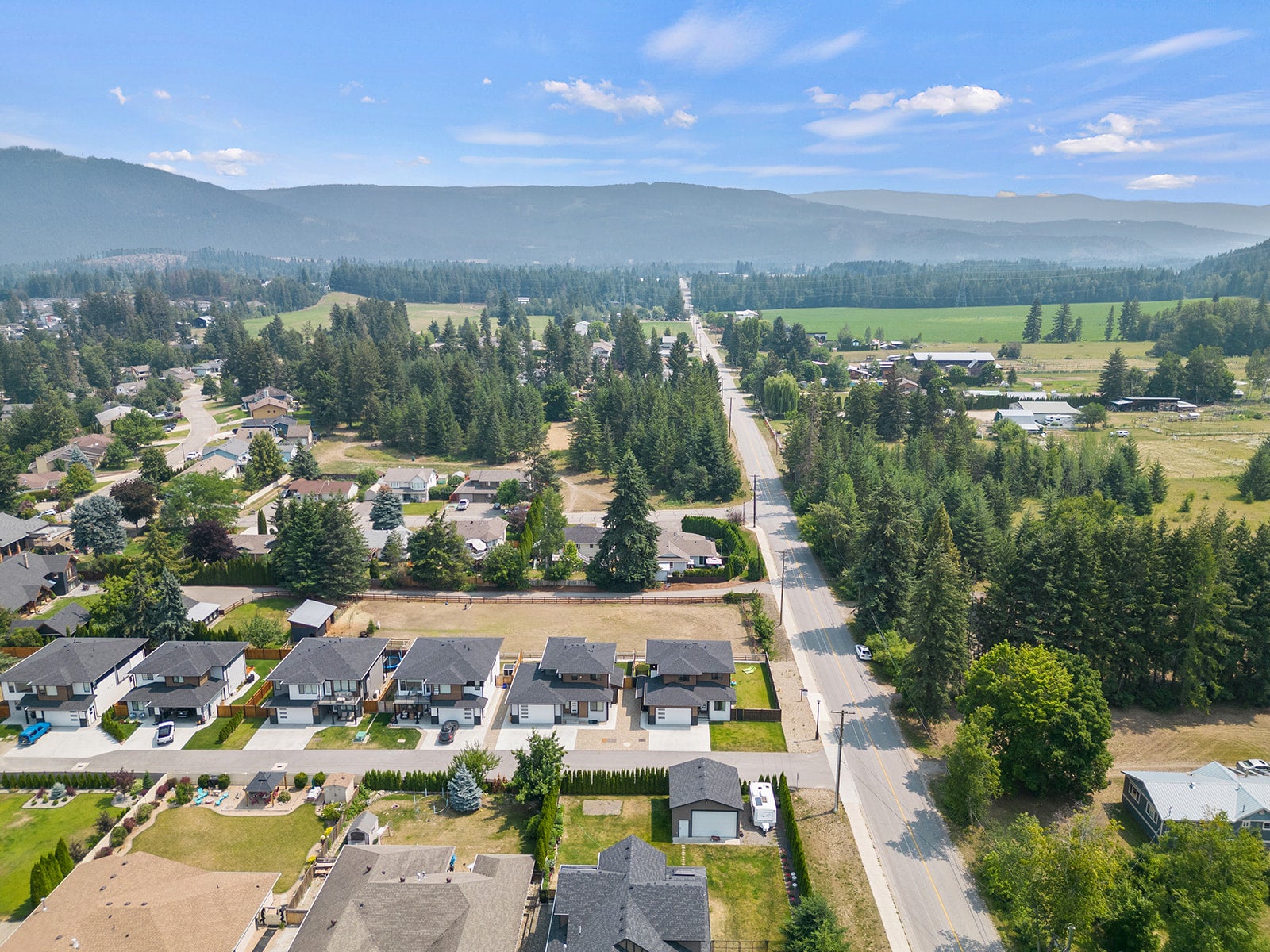 Moving from a big city to a smaller town is a major lifestyle change that many people consider for various reasons, including lower living costs, a quieter environment, or a desire for a slower pace of life. While this transition offers numerous benefits, it also comes with some challenges. In this article, we’ll explore what you can expect when making a move, from adjusting to a new social dynamic to navigating different housing options and lifestyle changes. Whether you're relocating for work, family, or personal reasons, this blog will help you prepare.
Moving from a big city to a smaller town is a major lifestyle change that many people consider for various reasons, including lower living costs, a quieter environment, or a desire for a slower pace of life. While this transition offers numerous benefits, it also comes with some challenges. In this article, we’ll explore what you can expect when making a move, from adjusting to a new social dynamic to navigating different housing options and lifestyle changes. Whether you're relocating for work, family, or personal reasons, this blog will help you prepare.A Slower Pace of Life
One of the biggest changes when moving from a big city to a smaller town is the slower pace of life. In smaller towns, the constant hustle and bustle of city living are replaced by a more relaxed atmosphere. This means less noise, fewer crowds, and more time to enjoy your surroundings.
Whether it’s enjoying a quiet evening or having more time for hobbies, the slower pace can lead to less stress and greater personal satisfaction. It’s exciting, especially if you’re buying a home for the first time, as you’ll have space and peace to truly settle into your new life.

Different Social Dynamics
The social dynamics in smaller towns differ greatly from those in big cities. In large cities, there’s a constant influx of new people, making it easier to meet others. In smaller towns, social circles are tighter, and it can take longer to build connections. While this can initially feel isolating, it also offers a chance to develop deeper relationships. People tend to know each other better, and you’ll often find that neighbors look out for one another. Although it may take time to adjust, the strong sense of community in smaller towns can be incredibly rewarding once you settle in.Housing Options: Availability and Pricing
Housing options in smaller towns are often more affordable and plentiful compared to big cities. You’ll find a wide range of homes, from cozy cottages to larger family homes, often with more space than you could get in a city. Because of the lower demand and lower cost of living, housing prices are significantly lower, allowing you to save money or invest in a property that would be out of reach in a larger city. This makes it easier for many who are moving to a bigger place to buy their dream home. Overall, the housing market in smaller towns is much more accessible.Limited Job Opportunities in Smaller Towns
One of the challenges of moving to a smaller town is the limited job opportunities compared to a big city. Smaller towns typically have fewer large employers or specialized industries, which can make finding a job in your field more difficult. Many people moving to these areas might need to adjust their career expectations or consider remote work options. It’s important to research local job markets beforehand and be open to new roles or freelance opportunities. While smaller towns offer a more relaxed lifestyle, it’s essential to ensure that your career goals align with the job market in your new location.on: Small towns offer great outdoor options for families.

Improved Access to Nature and Outdoor Activities
One of the best benefits of moving to a smaller town is the improved access to nature and outdoor activities. Smaller towns are often surrounded by parks, lakes, hiking trails, and open spaces, providing a great opportunity to enjoy the outdoors. Whether you love hiking, biking, or just relaxing by the water, there’s typically something nearby to explore. If you're moving with kids, they’ll likely have more space to play outside and enjoy a safer, more open environment. The abundance of nature can significantly improve your quality of life, offering a peaceful retreat from the noise and stress of city living.Changes in Transportation and Commuting
Transportation and commuting in smaller towns are vastly different from those in big cities. In larger cities, public transit is often the primary mode of getting around. On the other hand, in smaller towns, options may be limited or nonexistent. Owning a car becomes essential as public transport might be sparse, and walking or biking longer distances can be inconvenient. Commuting to work or running errands may take a little more time, but without the heavy traffic common in cities, driving tends to be less stressful. Smaller towns also offer easier parking and fewer crowded spaces, making day-to-day travel more convenient and relaxed.Fewer Entertainment and Dining Options
Smaller towns typically offer fewer entertainment and dining options compared to big cities. In a smaller town, you may not find the wide variety of restaurants, theaters, or nightlife that a city offers. This can feel limiting at first. However, it can also encourage a more local experience, with cozy family-owned restaurants and community events taking center stage. While there might be fewer options, many people find that they enjoy the simplicity and personal touch of smaller, locally-run businesses and the quieter, more intimate form of entertainment they offer.
